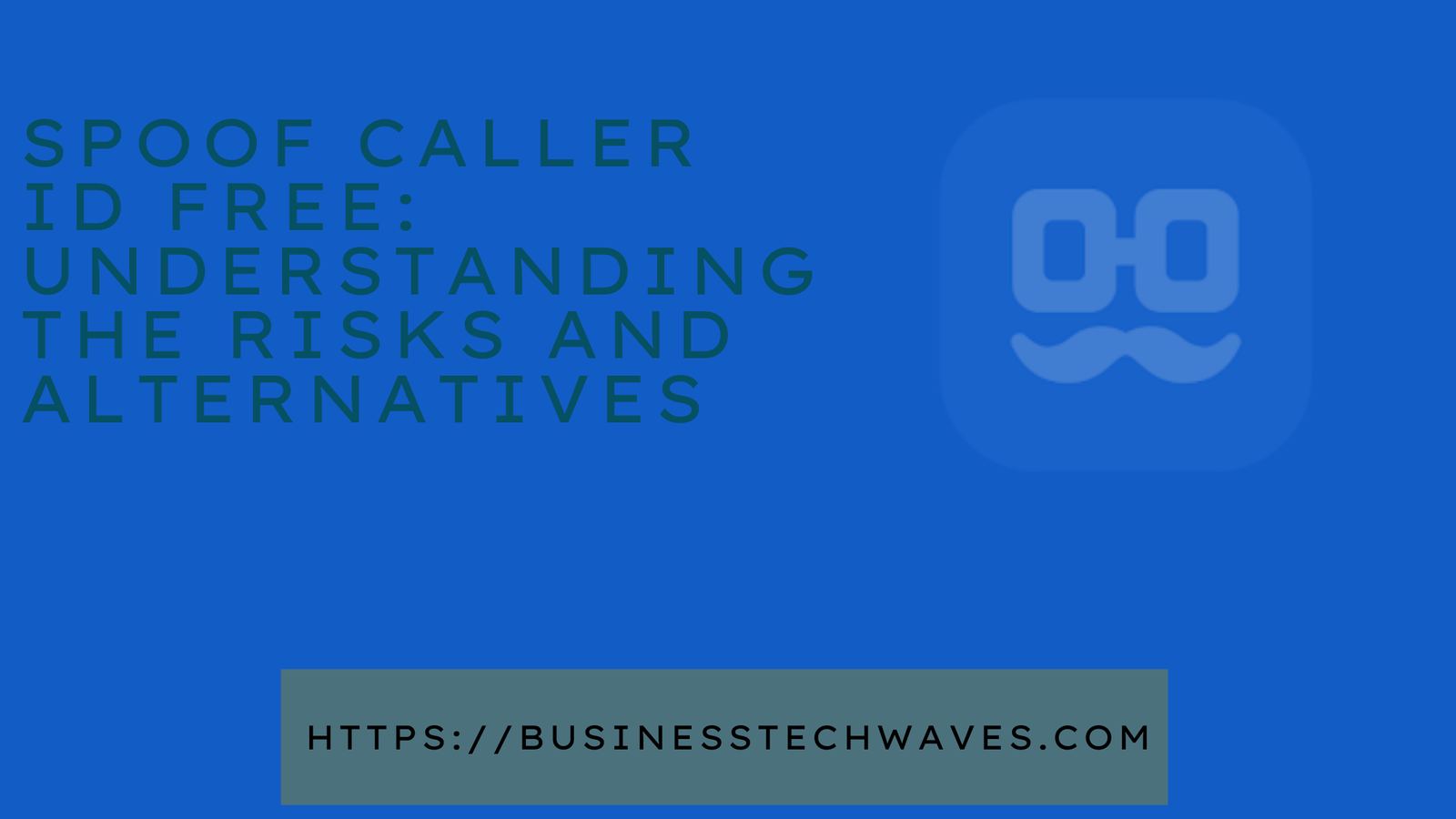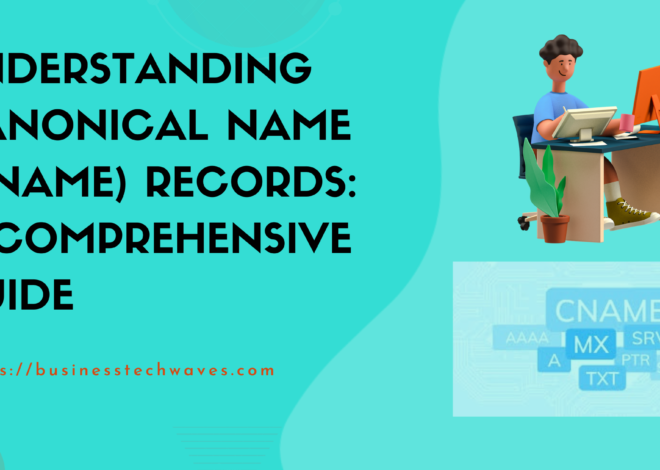
Spoof Caller ID Free: Best Understanding the Risks and Alternatives 2024
Spoof caller ID free has become an increasingly common topic of interest, particularly in the world of telecommunications. Whether you’re receiving prank calls or dealing with potential scams, the concept of manipulating caller ID information is something many people have heard of, but few fully understand. This article will delve into the practice of Spoof caller ID free, the risks involved, and explore legitimate alternatives to its illegal use.
What Is Spoof Caller ID Free?
Spoof caller ID free is the practice of changing the information displayed on the recipient’s phone when a call is made. Instead of showing the actual number of the caller, the display shows a false number, name, or sometimes even a completely fabricated identity. This can be done for various reasons, ranging from harmless pranks to serious fraudulent activities.
There are several methods that people use to Spoof caller ID free, including:
- VoIP Services: Some Voice over Internet Protocol (VoIP) services allow users to input any number they wish to appear on the recipient’s caller ID.
- Third-Party Apps: Various applications, some of which offer free or paid services, allow users to spoof their caller ID information with ease.
- PBX Systems: Private Branch Exchange (PBX) systems used in businesses sometimes have the capability to change outbound caller IDs for legitimate business purposes, though some misuse this feature.
While caller ID spoofing is not illegal in all situations, the problem arises when it is used with malicious intent.
Why Do People Spoof Caller ID Free?
There are both legitimate and illegitimate reasons for using spoof caller ID free. Some of the common reasons include:
1. Privacy Protection
Many individuals are uncomfortable sharing their personal phone numbers when making calls, especially when dealing with strangers or businesses. For instance, if you’re calling a restaurant to make a reservation, or contacting a customer service line, you may not want them to have access to your personal phone number. In these cases, Spoof caller ID free can be seen as a method of protecting your privacy.
2. Business Operations
Many businesses use Spoof caller ID free to ensure that calls made from various departments or remote offices show up under a single, recognizable company number. For example, a customer service representative calling a customer may want the company’s main customer service line to appear, instead of their direct number. This is done for uniformity and brand recognition.
3. Telemarketing
Telemarketers sometimes use spoofed numbers to improve the chances of someone picking up the phone. They might spoof a local number to make the recipient believe the call is coming from a neighbor or nearby business. While this practice can be effective, it can also be seen as misleading and unethical.
4. Pranks and Scams
Unfortunately, not all uses of Spoof caller ID free are harmless. Scammers and pranksters frequently use this tactic to deceive people. By spoofing the caller ID, they can pretend to be someone else — whether that’s a trusted business, government agency, or even a family member. This can lead to fraud, identity theft, or other malicious activities.
The Dangers of Spoof Caller ID Free
Spoof caller ID free, especially when used for malicious purposes, poses significant risks to both individuals and businesses. The anonymity provided by spoofing allows scammers to deceive their victims more effectively, and in many cases, it becomes difficult to trace the origin of the call.
1. Fraud and Scams
One of the most common uses of spoof caller ID free is to commit fraud. Scammers may pose as representatives from banks, government agencies, or even tech support to trick people into revealing sensitive information like passwords, Social Security numbers, or bank details. These scams can result in financial loss, identity theft, or even emotional distress for victims.
For example, many people have received calls claiming to be from the IRS or Social Security Administration, warning them of supposed legal trouble if they don’t pay an immediate fee. The scammer uses spoof caller ID free to make it appear that the call is legitimately coming from a government office.
2. Pranking Gone Wrong
Spoof caller ID free can also be used for pranks, but these pranks can often go too far. Harassing someone with spoofed caller ID can lead to confusion, distress, and even legal consequences if taken to an extreme. What may start as a joke can quickly escalate into something much more serious, especially if the person on the receiving end feels threatened or endangered.
3. Robocalling
Robocallers often use caller ID spoofing to trick people into answering their calls. These automated calls can be incredibly persistent and annoying, sometimes even bordering on harassment. By changing the caller ID to look like a local number or a legitimate business, robocallers increase their chances of getting an answer.
4. Erosion of Trust in Caller ID
Perhaps one of the most concerning aspects of spoofing is that it undermines the very purpose of caller ID, which is to provide transparency about who is calling. As more and more people fall victim to spoofing-related scams, trust in the reliability of caller ID is eroded. People may become hesitant to answer calls from unknown numbers, even when they are legitimate.
Legal Issues Surrounding Caller ID Spoofing
In many countries, caller ID spoofing is illegal when used for fraudulent purposes. For example, in the United States, the Truth in Caller ID Act of 2009 prohibits the use of misleading caller ID information with the intent to defraud, cause harm, or wrongfully obtain anything of value.
Violating this law can result in significant fines or even imprisonment. That said, there are still legitimate uses of spoofing, such as for privacy or business purposes, so not all instances are illegal.
However, the problem persists because enforcing these laws is challenging. Many spoofing operations originate from abroad, making it difficult to track down and prosecute offenders. Furthermore, the ease with which spoofing can be done through VoIP services and apps means that it remains accessible to just about anyone with an internet connection.
Legitimate Alternatives to Caller ID Spoofing
While the idea of masking your phone number can seem appealing in certain situations, there are legitimate alternatives that can provide the same benefits without crossing legal or ethical boundaries.
1. Use a Secondary Phone Number
Instead of spoofing your caller ID, consider using a secondary phone number. Services like Google Voice or apps like Burner allow you to create a temporary or long-term second phone number that you can use for calls and texts. This provides privacy while still keeping your real number safe.
2. Block Caller ID
Most phones have the option to block your caller ID when making outgoing calls. This will cause your number to appear as “Unknown” or “Private” on the recipient’s phone. While some people may not answer calls from blocked numbers, this is a simple and legal way to maintain privacy without spoofing.
3. Business Caller ID Solutions
If you run a business and need to control what number appears on outgoing calls, consider using a legitimate business phone system. Many VoIP providers offer features that allow you to customize outbound caller IDs for business purposes while staying compliant with legal regulations.
Protecting Yourself from Spoofed Calls
Since you can’t control who might spoof their caller ID to contact you, it’s important to know how to protect yourself from potential scams:
- Don’t Trust Caller ID: Always be skeptical of unexpected calls, especially if the caller is asking for personal or financial information.
- Verify Information: If you receive a call from a business or government agency asking for sensitive information, hang up and call the official number to verify the request.
- Use Call Blocking Apps: There are several apps available that can help detect and block spoofed or robocalls, such as Hiya or Truecaller.
- Report Suspicious Calls: If you believe you’ve received a spoofed call, report it to your phone carrier and the appropriate authorities, such as the FCC in the United States.
Conclusion
Spoofing caller IDs is a practice that can range from harmless to highly illegal, depending on how it’s used. While there are legitimate reasons for wanting to hide or change your number when making calls, the risks and potential legal consequences of misusing spoofing technology should not be taken lightly. Whether you’re looking to protect your privacy or run a business, there are better, legal alternatives that can achieve the same results without putting you in legal jeopardy.
As phone fraud and scams continue to rise, it’s important for individuals and businesses alike to stay informed, be vigilant, and explore safe and ethical methods to protect their communications.


